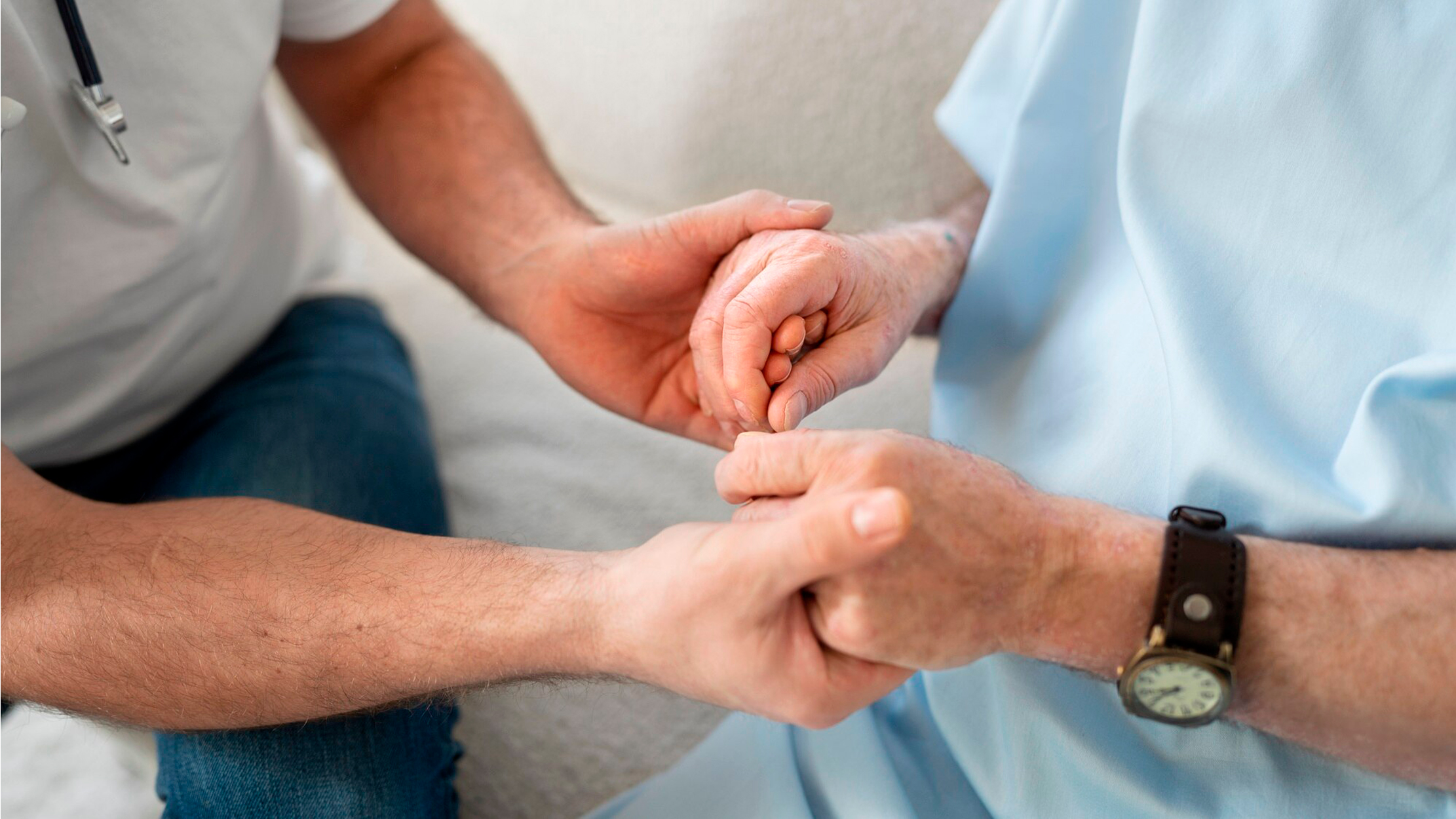
The geriatric sector constitutes a complex network of resources, services, and infrastructures dedicated entirely to the well-being, care, and management of the health of the elderly. This field encompasses a wide range of disciplines and practices that go beyond mere medical care, integrating social, psychological, environmental, and economic aspects into its approach that directly impact the quality of life of the elderly.
Effective cleaning and disinfection are crucial components in the prevention of infections within nursing homes and long-term care centers, and their importance is even greater given the vulnerability of the resident population. Residents of these institutions often have weakened immune systems due to old age, chronic health conditions, or medical treatments that may compromise their natural defenses. This makes them particularly susceptible to infections, which can spread rapidly in enclosed community environments if proper preventive measures are not taken.
The importance of the geriatric sector in society is multifaceted and has been growing as life expectancy and aging of the population increase in many parts of the world. Some of the most relevant aspects include:
1. Promotion of health and well-being of the elderly: Through prevention, early diagnosis, and treatment of common diseases in old age, the geriatric sector helps improve the quality of life of the elderly, allowing them to live healthier, more independent, and active lives for longer periods.
2. Support for autonomy and independence: Through home care services, adaptive technologies, and rehabilitation programs, autonomy is encouraged, and the independent living of the elderly is facilitated, reducing their dependence on others.
3. Prevention of social isolation: Community activities, day centers, and nursing homes provide spaces for socialization, preventing isolation and loneliness, which are common and harmful issues in old age.
4. Support for families and caregivers: It provides resources, training, and emotional support to those caring for the elderly, helping them better manage the demands of care and maintain their own well-being.
5. Ethical and social challenge: It raises important questions about how societies value, respect, and care for their older members, promoting reflection on dignity, rights, and fair treatment of elderly individuals.
Effective cleaning and disinfection using quality products are essential for preventing the transmission of infections and protecting the health of residents in environments such as nursing homes and long-term care centers, especially because this population group often has weakened immune systems. This process involves several key aspects:
• Pathogen reduction: Quality cleaning and disinfection products are formulated to effectively eliminate or reduce viral and bacterial loads on surfaces and objects. This is crucial to minimize the risk of nosocomial infections (those acquired in the care environment), which can be caused by a variety of pathogens, including viruses, bacteria, and fungi.
• Outbreak prevention: Regular and meticulous cleaning, followed by disinfection with effective products, is essential for preventing outbreaks of infectious diseases. This is particularly important in environments where vulnerable people, such as the elderly, live, as a single case of infectious disease can quickly turn into an outbreak if not properly controlled.
• Selection of appropriate products: The effectiveness of cleaning and disinfection largely depends on the selection of suitable products. Not all disinfectants are effective against all types of pathogens. It is essential to choose products that have been proven to be effective against the specific microorganisms intended to be controlled and that are safe for use in the environment where they will be applied.
• Correct use and application: In addition to product quality, the effectiveness of cleaning and disinfection depends on its correct application. This includes following manufacturer instructions regarding the necessary contact time for effective disinfection, proper dilution (if applicable), and safety precautions during use. Training staff in proper cleaning and disinfection techniques is essential to ensure that these procedures are carried out correctly.
• Comprehensive approach: Cleaning and disinfection should be part of a comprehensive infection control approach that also includes measures such as hand hygiene, the use of personal protective equipment (PPE), and proper waste management. This integrated approach is crucial for protecting the health of residents and staff.
Commitment to Quality
At Instaquim, we understand that caring for the elderly requires not only love and dedication but also the highest quality products that can guarantee their well-being. Therefore, we are committed to offering solutions that meet the highest standards of safety, effectiveness, and ease of use. All our products are the result of exhaustive research and a deep understanding of the specific needs of the geriatric sector.
Conclusion
With Instaquim, geriatric centers can be assured that they are providing the best for their residents. Our range of products and solutions is designed to address the unique challenges of this sector, ensuring a clean, safe, and comfortable environment for everyone. Because at Instaquim, we believe that everyone deserves the best, and we strive to fulfill this promise in every aspect of our work.


